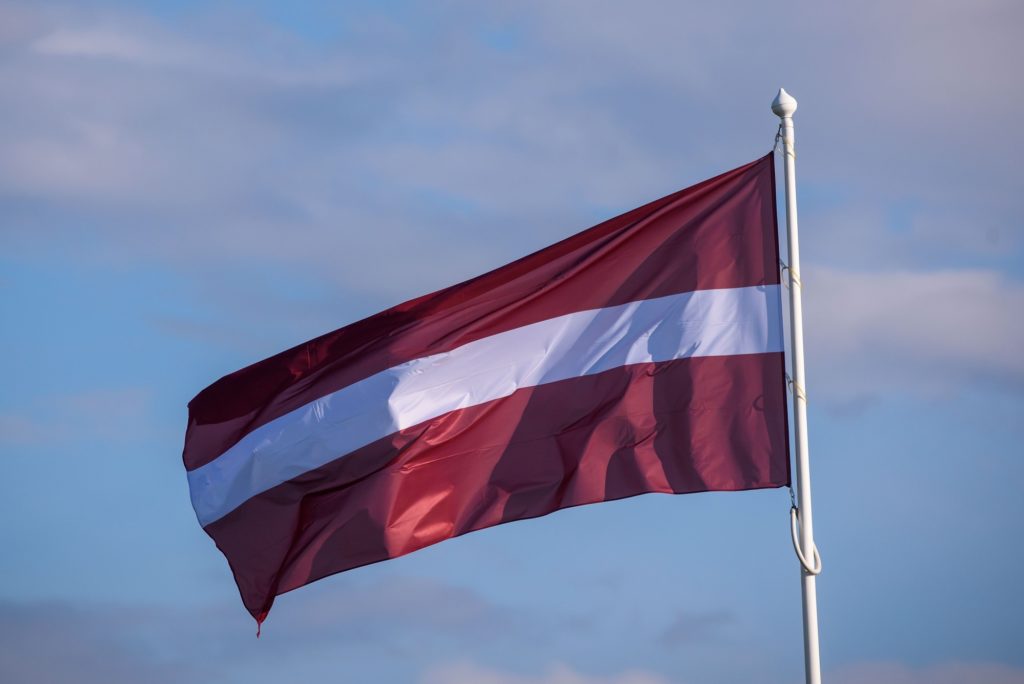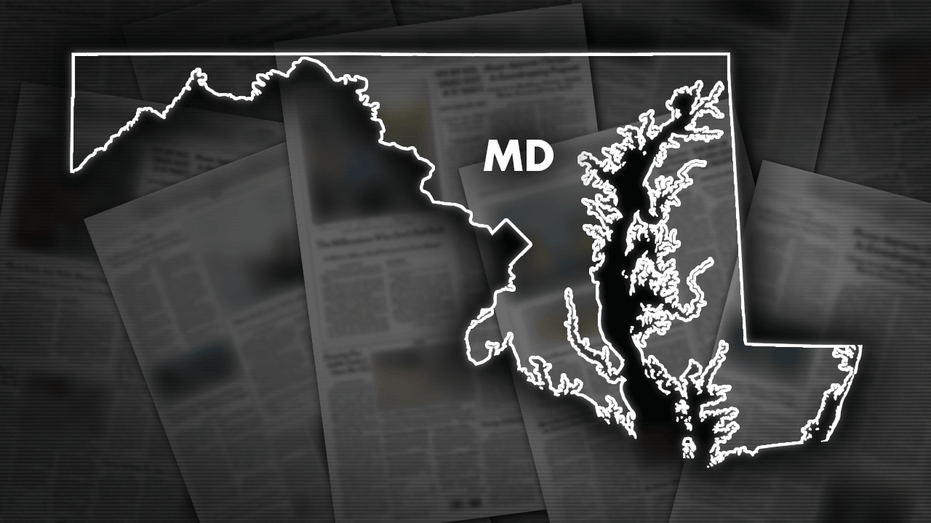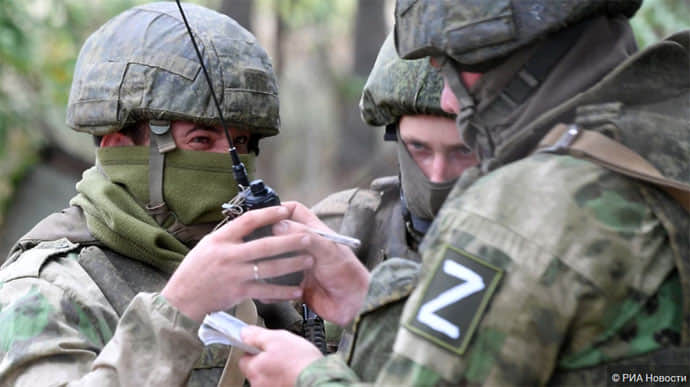UK hotel sector warns on inflation despite pre-Christmas boost
Occupancy rates at UK hotels rose last November in a pre-Christmas boost, but higher prices have again raised fears about inflation. The average occupancy rate of UK hotels rose from 76.6 per cent to 79.1 per cent in November year-on-year, while London also saw an increase from 79.6 per cent to 82.8 per cent in [...]


Occupancy rates at UK hotels rose last November in a pre-Christmas boost, but higher prices have again raised fears about inflation.
The average occupancy rate of UK hotels rose from 76.6 per cent to 79.1 per cent in November year-on-year, while London also saw an increase from 79.6 per cent to 82.8 per cent in the same period.
Head of hotels at RSM, Chris Tate, said that “Christmas came early” for the hotel sector, due to “the start of the festive season and an uptick in airport passenger numbers”.
It’s a good sign for the UK’s tourism industry, which has only just recovered from the Covid-19 pandemic.
Demand is set to continue this year, too: RSM UK’s Consumer Outlook shows 28 per cent of consumers are planning a long-stay holiday in the UK this year, up from a quarter last year, and a third are planning a weekend away in the UK.
International demand is also set to pick up, with a strong US dollar making the UK more attractive to visitors from the US.
Higher costs mean hotels have to “think strategically”
However, Tate warned that a “raft” of cost increases following the Autumn budget will mean the sector has to “think strategically” about costs, which “might include increasing the adoption of artificial intelligence to create efficiencies”.
Hospitality firms like hotels are particularly exposed to the tax rises announced in the Autumn budget. They will have to pay 1.2 per cent more tax on each of their employees’ wages, as well as paying tax on all employees’ wages above £5,000. The previous limit was £9,100.
UKHospitality chief executive Kate Nicholls has called it a “tax on jobs” and warned it will disincentivise firms to hire staff, given “staffing costs are the biggest business expense”.
Sectors affected by the tax have also said it may cause prices to rise.
RSM economist Thomas Pugh warned that any evidence of increasing room rates is “likely to worry” the Bank of England.
Average daily rates (ADR) of occupied rooms in the UK rose from £143.71 to £148.46 in November year-on-year, and from £214.80 to £217.86 in London, a three per cent and 1.5 per cent increase, respectively.
The average price of a hotel room has nearly doubled since 2019 due to high interest rates, wage increases, and supply chain costs, according to Modern Hospitality.
“[The bank] is already grappling with a trade-off between rising inflation and weak economic growth, as strong inflation in the hospitality sector was a key reason for sticky inflation last year,” Pugh said.



